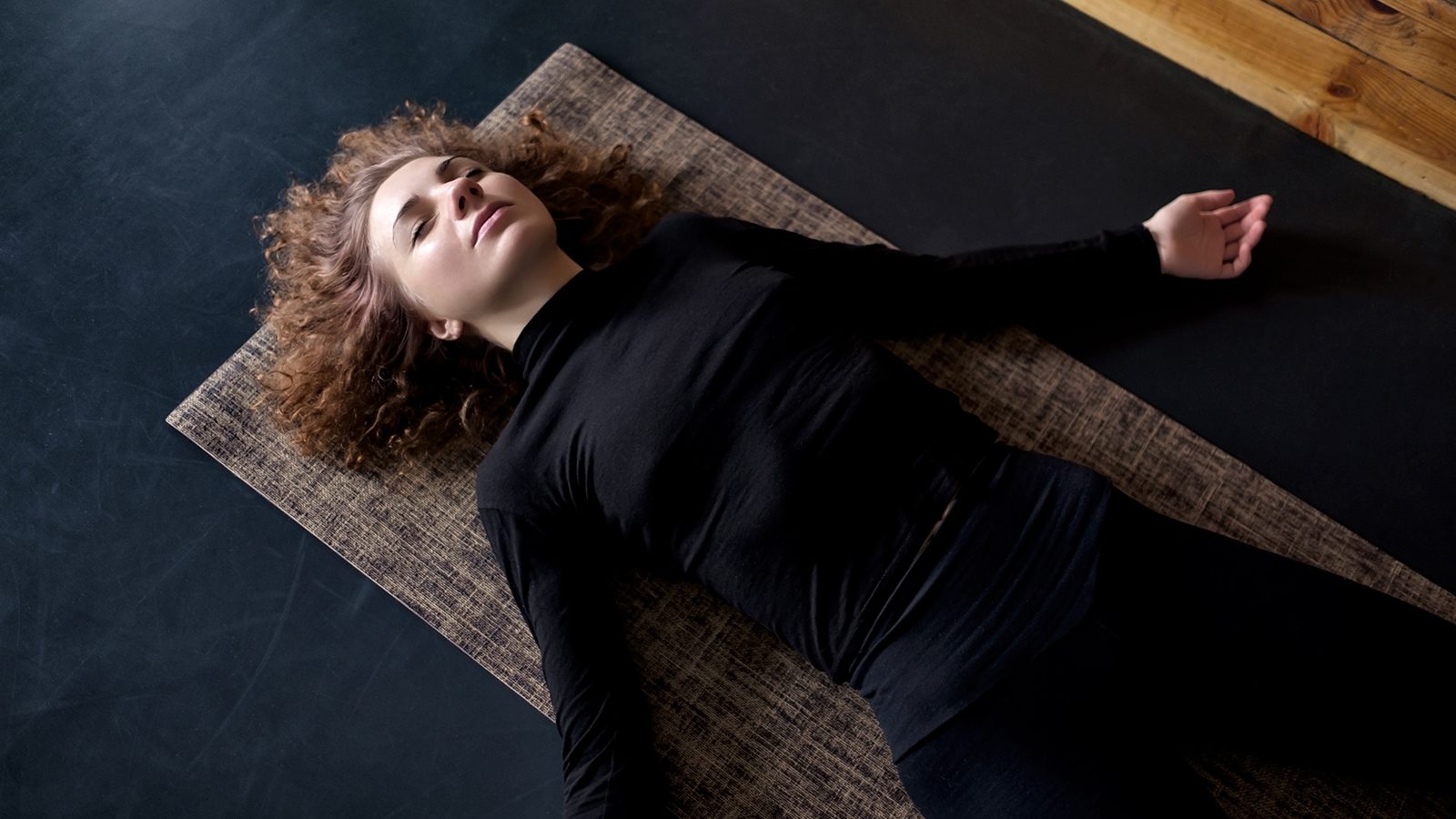Progressive muscle relaxation can help relieve stress and tension held in the body. We may not realize it, but we carry a lot of anxiety in our muscles. If we don’t relax to relieve the stress, it can cause various mental and physical health problems.
The root cause of so many modern diseases stems from toxic levels of chronic stress. We work too much and don’t make enough time for self-care, which keeps us running on empty. Everyone deserves to feel healthy and vibrant, and progressive muscle relaxation (PMR) can help achieve this goal.
Also known as Jacobsen’s relaxation technique, Dr. Edmund Jacobsen invented the stress-relieving method in the 1920s. He initially came up with the process to help patients reduce their anxiety. After testing the technique, he discovered that it also calmed the mind. The therapy involves tightening and relaxing different muscle groups in a sequence.
Science-Backed Benefits of PMR
By tensing each muscle and then releasing it, you can recognize where you hold tension within the body. Becoming more aware of any discomfort helps you reconnect to yourself and soothe your mind. Research shows that relaxation techniques can offer the following benefits, to name a few:
- alleviating anxiety
- relieving work-related stress
- reducing your blood pressure and heart rate
- lowering the risk of heart disease and stroke
- increasing sleep quality
Progressive muscle relaxation, in particular, can improve sleep quality in people with insomnia. One study found that participants who practiced the technique before sleep felt more rested the following day.
Another 2020 study found that PMR positively impacted eighty burn patients. They exhibited high anxiety levels and disrupted sleep because of their physical and mental stress. Researchers told the patients to practice PMR for twenty to thirty minutes daily for three consecutive days. After three days, researchers found that the patients had significantly lower anxiety and improved sleep quality.
Below, we’ll take you through the step-by-step process so you can reap the benefits of progressive muscle relaxation. Note that this will involve your whole body, beginning with your toes and ending with your head.

How to Do Progressive Muscle Relaxation in Twelve Steps
- Begin in a relaxed, comfortable position, either lying or sitting down. Allow your whole body to relax. Then, take several slow, deep breaths. Let go of restless or troubling thoughts and bring total awareness to your body.
- Now, bring your attention to your feet. Point your feet downward, curling your toes underneath. Gently tighten your toe muscles, notice the tension, and release after a few moments. Repeat a few times, observing the sensation difference between relaxed vs. tensed muscles.
- Next, tense and relax your calf muscles. Repeat this three times, once again noticing how your muscles feel in each state of progressive muscle relaxation.
- Bring your awareness to your knees. Hold your knees together for several seconds, feeling the muscle and joint tension. Release for a few seconds and repeat three times.
- Tighten your thigh muscles. Tense your thighs for a few seconds and allow any stress to leave the muscles. You can do progressive muscle relaxation on one thigh at a time or both if you prefer.
- Move to your hands, clenching them into fists. We use our hands for numerous daily tasks, from typing to cooking and everything in between. They deserve a break, so give them the gift of progressive muscle relaxation. If you have carpal tunnel syndrome, this will feel like heaven.
- Tense and relax your forearms and upper arms. We also hold a lot of anxiety in our arms since we use them for every activity. Repeat the steps above to perform progressive muscle relaxation on this body part.
- Squeeze your glute muscles, releasing any tension in this area. Believe it or not, this body part also carries monumental stress. Especially if you have a desk job, this muscle can become tight and strained after a while. Relaxation techniques will help you unwind and reduce stress levels.
- Now, move up to your abdominal muscles. Gently tighten the abdominal muscles, hold for five seconds, and release. Repeat three times.
- Tighten and release the chest muscles. We also tend to have tight chests in our modern world. Progressive muscle relaxation can alleviate tension in this area and make you feel much lighter.
- Next, move on to your shoulders and neck. This area of the body probably harbors more anxiety than any other region. Staring at the computer for hours on end can easily cause tension in the neck and shoulders. Shrug your shoulders toward your ears, hold for a few moments, and release to relieve stress.
- Let’s do progressive muscle relaxation on the facial muscles. Starting with the lips, bring your lips into a “kiss” position, hold for several moments, and release. Then, open and close your mouth several times to reduce tension. Next, move up to your eyes, closing them gently for several moments. Allow any stress to leave the eye muscles, and then open them. Finally, move up to your eyebrows, raising them for a few seconds and lowering them again. Repeat this at least three times on each part of your face.
Hopefully, this relaxation technique helps relax your body and improve your overall health. You can also try other stress relievers such as meditation, yoga, Tai chi, or a warm bath. Whatever brings relaxation to your body, mind, and soul, please do it as much as possible. You deserve it!

Final Thoughts on Progressive Muscle Relaxation to Reduce Your Anxiety and Stress
Studies prove that a self-care therapy called progressive muscle relaxation can reduce anxiety and tension. The technique calms the nervous system as you tense and release the muscles, relieving any pent-up emotions. We hold trauma in our bodily tissues, but performing relaxation exercises can help us process these events.
Modern life sometimes seems impossible to manage, but we can regain our power with this simple therapy. Remember that self-care isn’t selfish; it’s a necessary part of being human on this planet. Indulge as much as your schedule permits so you can feel your best!


















